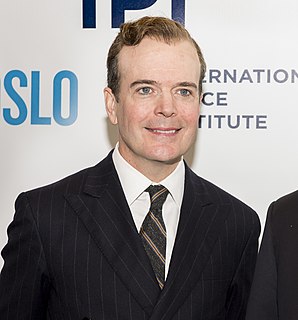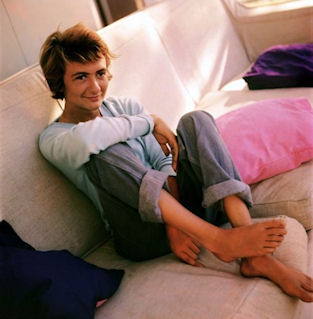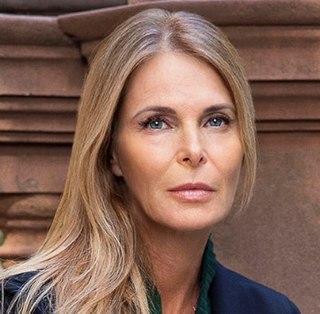A Quote by Charles Spurgeon
Alas, if our children lose the crown of life, it will be but a small consolation that they have won the laurels of literature or art.
Quote Topics
Related Quotes
The Crown. Place it upon your head and you assume a different post-tranquil yet radiating assurance. Never show doubt, never lose your dignity beneath the crown, or it will not fit. It will seem to be destined for one more worthy. Do not wait for a coronation; the greatest emporers crown themselves.
Of course all children's literature is not fantastic, so all fantastic books need not be children's books. It is still possible, even in an age so ferociously anti-romantic as our own, to write fantastic stories for adults: though you will usually need to have made a name in some more fashionable kind of literature before anyone will publish them.
This, then, is the ultimate, that is only, consolation: simply that someone shares some of your own feelings and has made of these a work of art which you have the insight, sensitivity, and — like it or not — peculiar set of experiences to appreciate. Amazing thing to say, the consolation of horror in art is that it actually intensifies our panic, loudens it on the sounding-board of our horror-hollowed hearts, turns terror up full blast, all the while reaching for that perfect and deafening amplitude at which we may dance to the bizarre music of our own misery.
The Mayas, our grandparents, always said; every human being occupies a small piece of time. Time itself is much longer, and because of this they always said that we must care for this earth while we are on it because it will be part of our children and the children of our grandchildren. They know that life is short, that it can end so soon, and that if one gets lost on the way, others will come to take their place.
Each of us must come to care about everyone else's children. We must recognize that the welfare of our children and grandchildren is intimately linked to the welfare of all other people's children. After all, when one of our children needs lifesaving surgery, someone else's child will perform it. If one of our children is threatened or harmed by violence, someone else's child will be responsible for the violent act. The good life for our own children can be secured only if a good life is also secured for all other people's children.
Our children will not survive our habits of thinking, our failures of the spirit, our wreck of the universe into which we bring new life as blithely as we do. Mostly, our children will resemble our own misery and spite and anger, because we give them no choice about it. In the name of motherhood and fatherhood and education and good manners, we threaten and suffocate and bind and ensnare and bribe and trick children into wholesale emulation of our ways.
The great subversive works of children's literature suggest that there are other views of human life besides those of the shopping mall and the corporation. They mock current assumptions and express the imaginative, unconventional, noncommercial view of the world in its simplest and purest form. They appeal to the imaginative, questioning, rebellious child within all of us, renew our instinctive energy, and act as a force for change. This is why such literature is worthy of our attention and will endure long after more conventional tales have been forgotten.





































